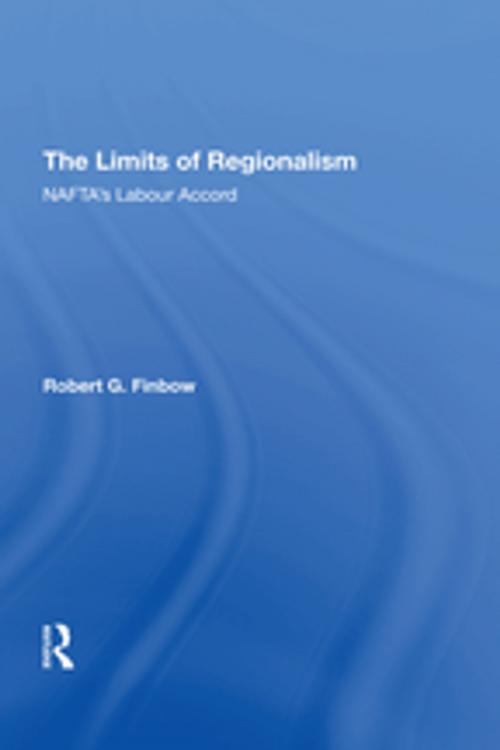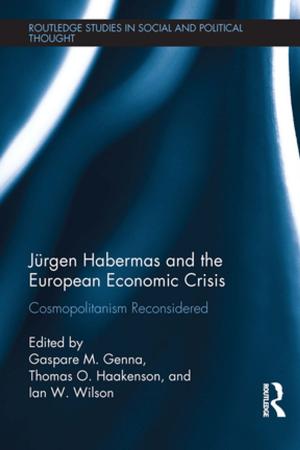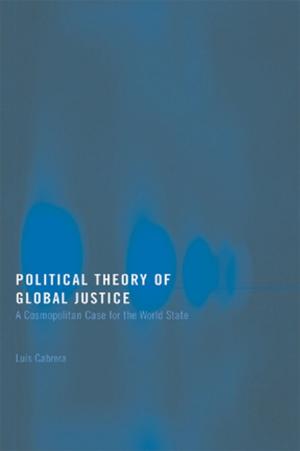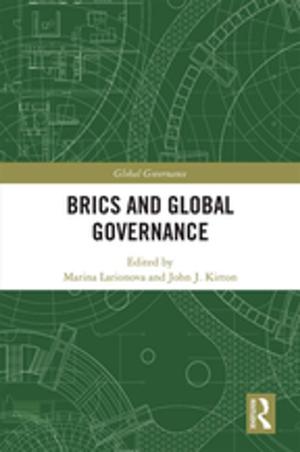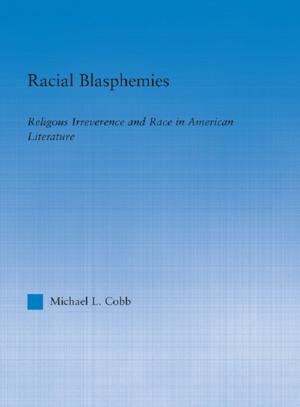The Limits of Regionalism
NAFTA's Labour Accord
Nonfiction, Social & Cultural Studies, Political Science| Author: | Robert G. Finbow | ISBN: | 9781351146142 |
| Publisher: | Taylor and Francis | Publication: | November 28, 2017 |
| Imprint: | Routledge | Language: | English |
| Author: | Robert G. Finbow |
| ISBN: | 9781351146142 |
| Publisher: | Taylor and Francis |
| Publication: | November 28, 2017 |
| Imprint: | Routledge |
| Language: | English |
Assessing the effectiveness of the North American Agreement on Labour Cooperation (NAALC), this book examines the operation of the core institutions (the Secretariat and National Administrative Offices) over the past seven years. It discusses the main functions of these institutions in hearing public submissions on violations of labour laws and in conducting research and cooperative activities. Based on interview research, the analysis reviews the strengths and weaknesses of the accord to assess its contribution to a common labour relations regime in North America and its impact in creating new transnational communities of actors in government and civil society in the three countries. The NAALC is also compared with the social dimension of the European Union system, and a final assessment is made as to whether the NAALC institutions live up to the promises of their founders and whether these can be a model for labour relations in any future Free Trade Area of the Americas (FTAA) agreement.
Assessing the effectiveness of the North American Agreement on Labour Cooperation (NAALC), this book examines the operation of the core institutions (the Secretariat and National Administrative Offices) over the past seven years. It discusses the main functions of these institutions in hearing public submissions on violations of labour laws and in conducting research and cooperative activities. Based on interview research, the analysis reviews the strengths and weaknesses of the accord to assess its contribution to a common labour relations regime in North America and its impact in creating new transnational communities of actors in government and civil society in the three countries. The NAALC is also compared with the social dimension of the European Union system, and a final assessment is made as to whether the NAALC institutions live up to the promises of their founders and whether these can be a model for labour relations in any future Free Trade Area of the Americas (FTAA) agreement.
